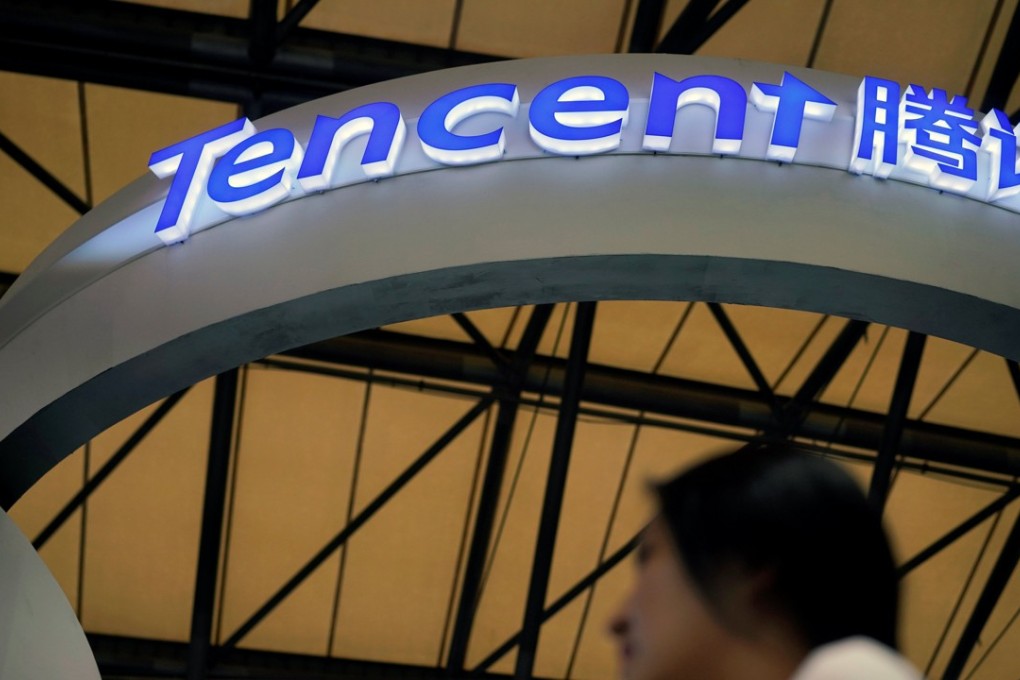Tencent continues share buy-backs for third day as stock languishes near year low on gaming concerns

Tencent Holdings repurchased 126,000 more shares on Tuesday, its third buy-back in the past three trading days after its shares hit a one-year low amid a global tech sell-off and regulatory uncertainties in China’s gaming market, the Chinese internet giant’s main source of revenue.
The Hong Kong-listed company spent HK$39 million (US$5 million) in the latest buy-back, following a Monday purchase of a similar size, and a smaller round last Friday of 22,700 shares costing HK$7 million. The company has now spent a total of HK$85 million to buy back 277,000 shares since Friday.
This is the first stock repurchase by Tencent since it spent HK$77 million in April 2014 amid a global tech rout. Shares of the Shenzhen-based company stumbled to a one-year low of HK$307 in intraday trade on Tuesday, 55 per cent below a peak of HK$476.6 in January, amid concerns that its games revenue will be pressured by Beijing’s crackdown on online content and moves to protect children’s health. This year’s rout has wiped out more than US$190 billion from Tencent’s market value – more than the entire market capitalisation of Netflix, and equivalent to two Goldman Sachs.
Tencent’s shares climbed 1.3 per cent at Wednesday’s open to HK$312 but slipped back to HK$308 by 11am. The company’s price to earnings ratio, a key valuation metric, has now slipped from a 12-month high of 53.9 in November 2017 to 31.9 as of today, according to Bloomberg data.
A Tencent spokeswoman said on Wednesday that “the company has confidence in its share price and core business value”.
Tencent's decline also comes against the backdrop of an intensifying trade war between China and the US and the longest rout across emerging markets since 2008. Hong Kong's Hang Seng Index has entered bear market territory after sinking more than 20 per cent from a January peak. Tencent is the third-most weighted stock in the Hang Seng Index, with an 8.8 per cent weighting.